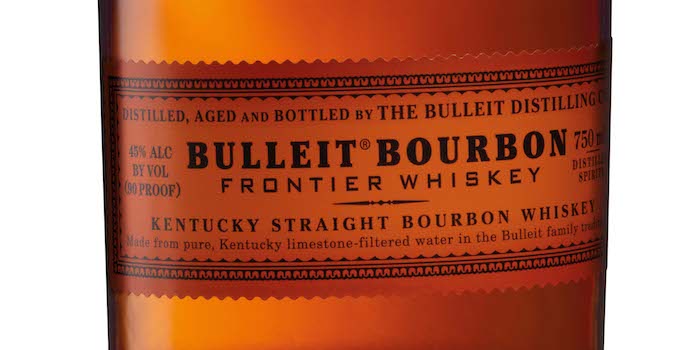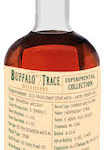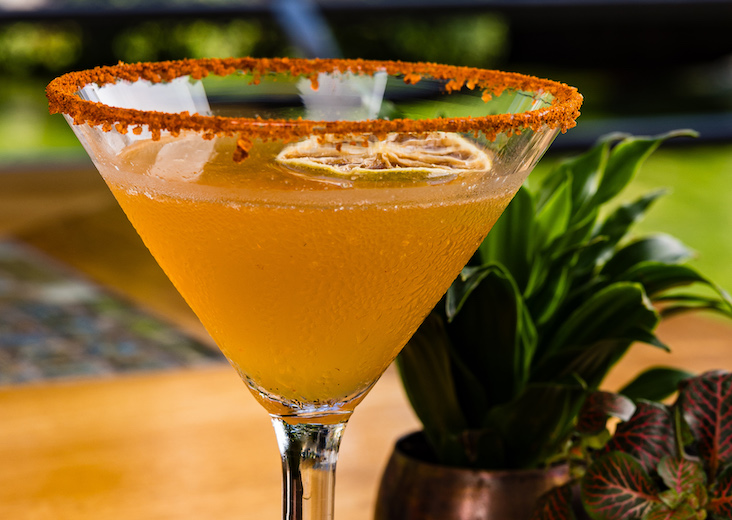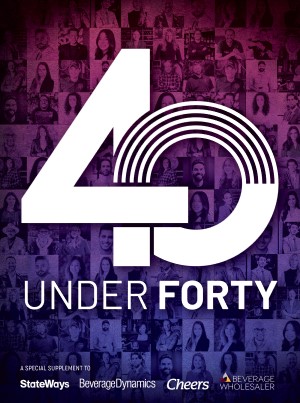Diageo’s Bulleit Bourbon is constructing a $115-million, 300-acre distilling and warehouse facility in Shelbyville, Kentucky. Not too shabby for a brand that eponymous founder Tom Bulleit rejuvenated in the late ‘80s — basing it on a whiskey created by his great-great grandfather, Augustus — and then hand-sold from bar to bar.
Just seven years ago, Bulleit sold 35,000 cases. Today, annual sales are up to 600,000. We recently spoke with Bulleit about his success.
CH: What is behind the rise of Bulleit Bourbon?
TB: It’s got a great price point, a real value in terms of cost to taste. We age it especially long, and make it with low phenol alcohol.
And the high-rye content in our bourbon has allowed us to partner up with bartenders and mixologists, who love the taste. They say it’s one of the driest bourbons on the markets. It’s wonderful when you mix something sweet with it.
CH: You released a rye whiskey, which has also been popular.
TB: Bartenders were telling us as far back as 2004 that we needed to make a rye. Little did they know that we already had something in the works. And it’s become the best selling rye, by far.
To be a rye, by law you need to have at least 51% rye in your mash bill. We use 95% rye. And we get it from Lawrenceburg, Indiana, which makes the best rye in America.
We wanted to make a really rye rye. But also a drinking rye, not just for mixing. So there’s sweetness to the end of it. That comes from the barrel aging. Our rye doesn’t come out for five years.
It’s become a cult favorite among bartenders. Bulleit is a word-of-mouth brand. The growth is really because of the bartenders. It’s their brand. Our rise has coincided with the rise of mixology culture, and social media, which has allowed the brand to be spread around more easily by people.
CH: Tell us about the Shelbyville facility.
TB: It’s a considerable project. And it’s going to be one of the most environmentally friendly facilities in America. I designed the water collection system, which should have no negative impact on the watershed. We draw our water from Creek Lake very slowly, so as not to affect the environment.
With this facility, we should be able to produce 750,000 9-liter cases annually. I see us continuing to grow. We might be the fastest-growing premium bourbon on the market. When I first wrote the business plan to Bulleit Bourbon many, many years ago, I wrote that there was a tremendous opportunity for international markets. This will allow us to fully capture that.
CH: You must take pride in seeing how far the brand has come.
TB: It’s a little disorienting. I used to be a lawyer. I left law to transition into this, to do what I always wanted to do. I bet the farm on that transition.
I can remember hoping that it would work out. My wife used to say to me, “Tell me again how we’re going to pay back all this money you’re borrowing to make your bourbon? I’ve calculated how long it would take you as a lawyer to pay all it back and it’s well over one hundred years.” There were a lot of years of myself going into stores and asking them whether they had heard of Bulleit, and whether they’d want to give it a try.
I’ll be dying with my boots on. I want to do this until I cannot. I love it, and I love the people in it.










